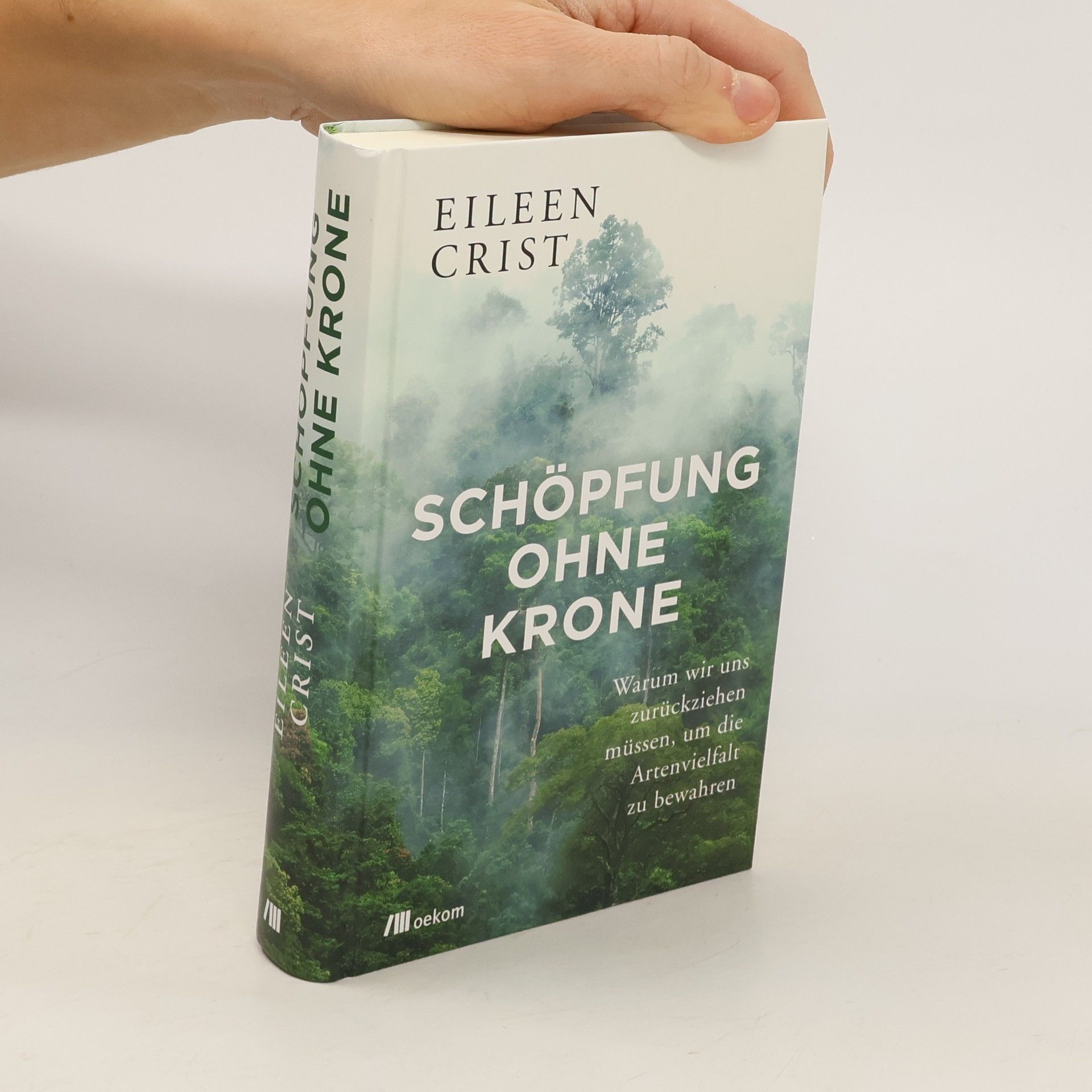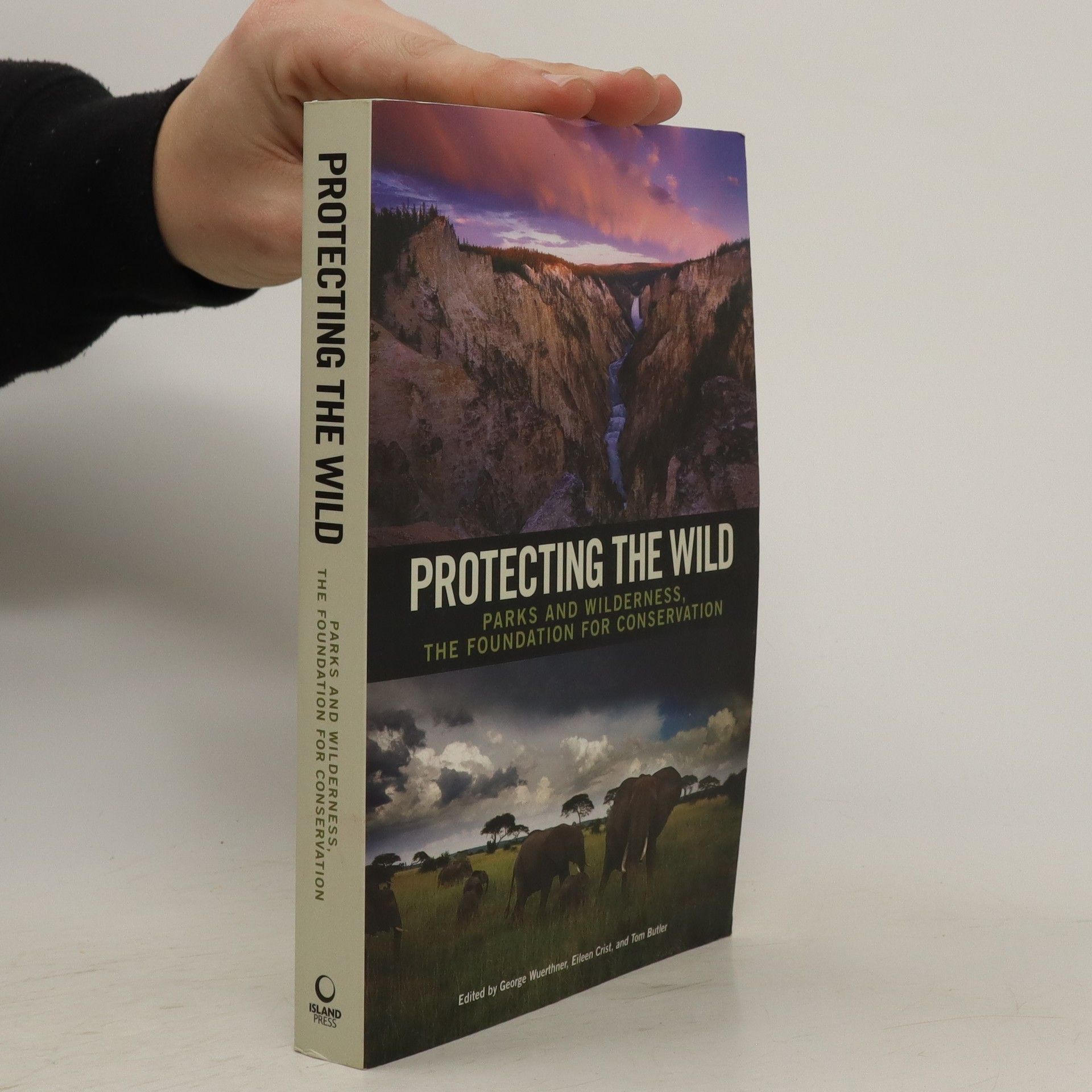Drawn Across Borders
- 52pages
- 2 heures de lecture
View more details of this book at www.walkerbooks.com.au
Eileen Crist se concentre principalement sur les relations entre les humains et les autres animaux. Son travail examine comment ces relations façonnent notre compréhension du monde et nos propres identités. Crist s'interroge sur la manière dont nous pouvons construire un avenir plus éthique et durable pour toutes les espèces. Son écriture offre des aperçus profonds sur les questions morales et philosophiques qui émergent dans notre monde de plus en plus interconnecté.



View more details of this book at www.walkerbooks.com.au
Protected natural areas have historically been the primary tool of conservationists to conserve land and wildlife. These parks and reserves are set apart to forever remain in contrast to those places where human activities, technologies, and developments prevail. But even as the biodiversity crisis accelerates, a growing number of voices are suggesting that protected areas are pass. Conservation, they argue, should instead focus on lands managed for human useworking landscapesand abandon the goal of preventing human-caused extinctions in favor of maintaining ecosystem services to support people. If such arguments take hold, we risk losing support for the unique qualities and values of wild, undeveloped nature. Protecting the Wild offers a spirited argument for the robust protection of the natural world. In it, experts from five continents reaffirm that parks, wilderness areas, and other reserves are an indispensablealbeit insufficientmeans to sustain species, subspecies, key habitats, ecological processes, and evolutionary potential. A companion volume to Keeping the Wild: Against the Domestication of Earth, Protecting the Wild provides a necessary addition to the conversation about the future of conservation in the so-called Anthropocene, one that will be useful for academics, policymakers, and conservation practitioners at all levels, from local land trusts to international NGOs.
Warum wir uns zurückziehen müssen, um die Artenvielfalt zu bewahren. Erhaltung der Biodiversität und die Wiederherstellung der Natur durch ökologische Balance
»Wir müssen langfristig weniger Menschen werden, wenn wir die Biodiversität nicht weiter gefährden wollen.«Hunderte Wale, die vor der Küste von Wales Heringsschwärme jagen; gewaltige Bisonherden in der amerikanischen Prärie; dichte Urwälder auf allen Pflanzen und Tiere verteilten sich vor gar nicht langer Zeit in unfassbarer Fülle und Vielfalt über die ganze Erde.Heute sind unzählige Arten vom Aussterben bedroht und die wilde Vielfalt ist einer vom Menschen kolonialisierten Landschaft gewichen, die alleine dazu dient, unsere Konsumwünsche zu befriedigen. Weil wir uns selbst eingeredet haben, wir seien die Krone der Schöpfung und die Welt sei unsere Ressourcenmine, haben wir vergessen, dass wir nur ein Teil einer faszinierenden Welt sind, in der alles Lebendige seinen Platz hat.Eileen Crist analysiert, wie es so weit kommen konnte, und zeichnet den Weg in eine neue Zivilisation, die ihrer Mitwelt wieder Platz einräumt. Ein eindringlicher Appell zum Handeln.